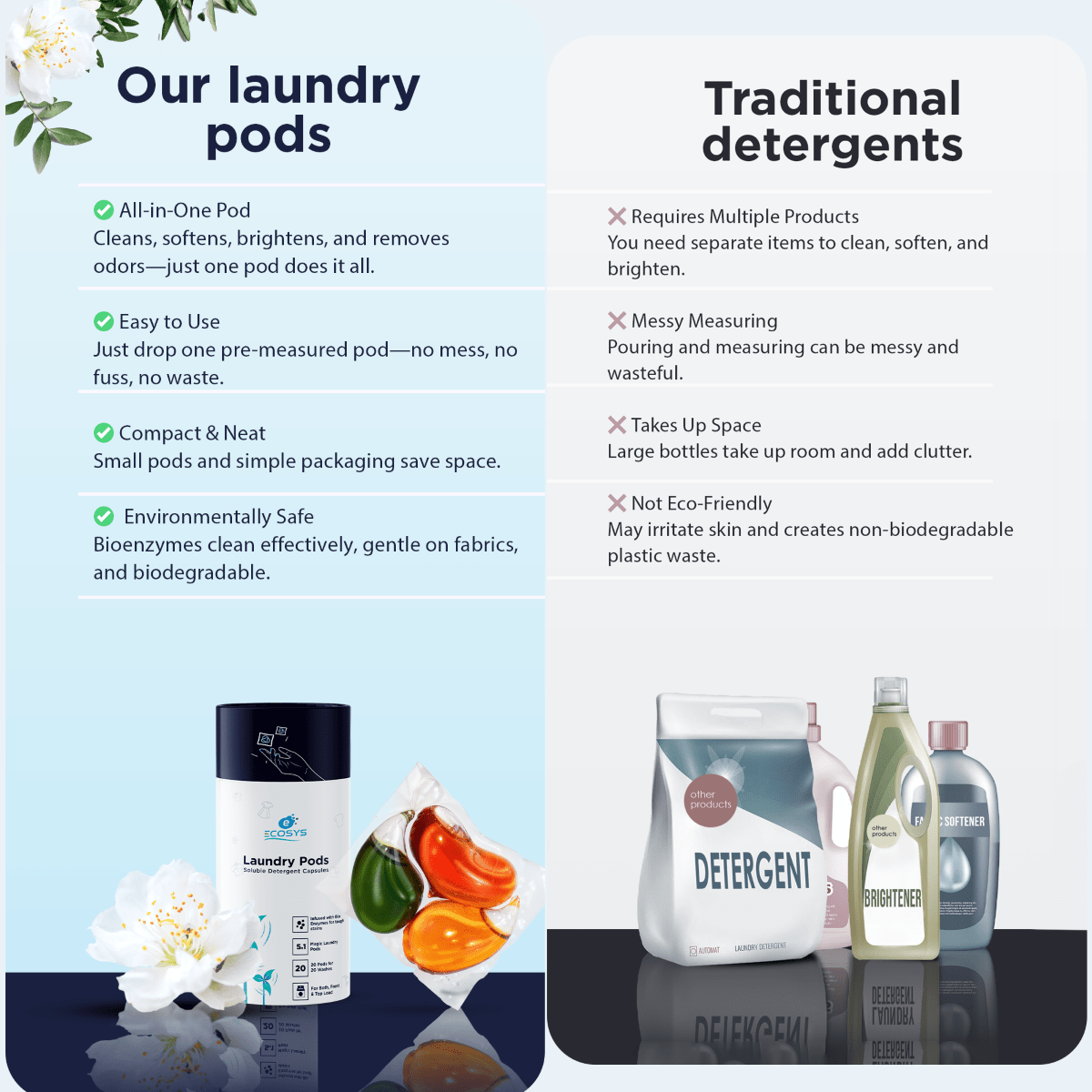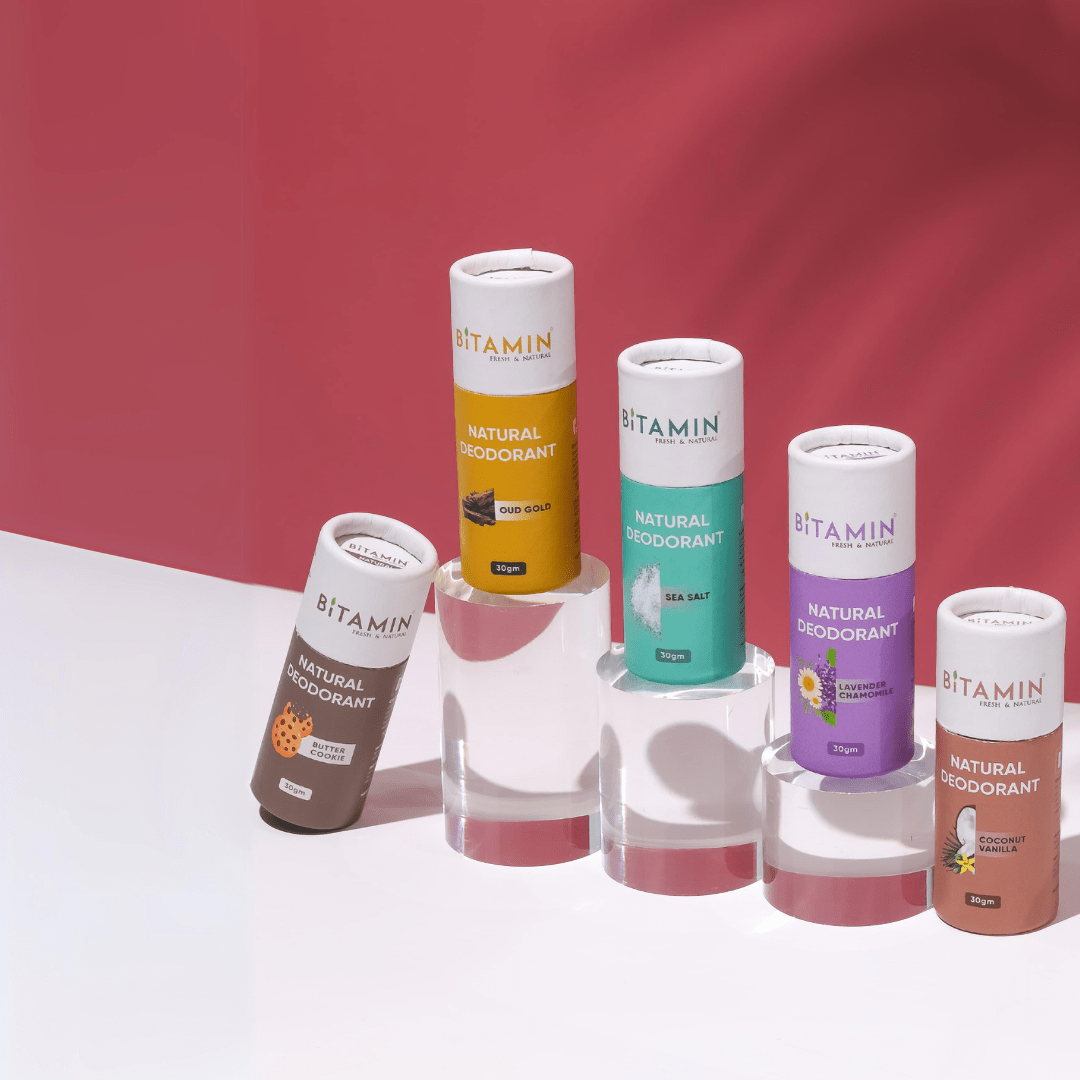Captivating the imagination of the world with tremendous health benefits, veganism has become the course of choice for people searching for self-care as well as earth care. Whether for ethical reasons, environmental causes, or health reasons, research science now supports a growing body of evidence that the adoption of a plant-based diet profoundly alters your well-being.
Today is International Vegan Day, also known as World Vegan Day for short. Let's start with the event by seeing what science has to offer in the name of benefits from a vegan diet and how, as a superpower, it enhances health and the environment.
What is a Vegan Diet?
A vegan diet excludes all animal products, meat, dairy and even eggs, so it pairs quite well with fruits, vegetables, grains, legumes, nuts, and seeds. In one way or another, this lifestyle is not only a healthy way of eating but also doing sustainable things that will help reduce harm both to animals and the planet.
But diet changes, how? Well, what does science say about it? Let's look at the key features of a vegan diet and see how those features affect your life as well.
-
Heart Health
It is surprising to hear that with the help of vegan food intake, the risk could be even lower than those who consume animal products when heart disease is the number one killer of diseases worldwide. Vegan diets are high in fiber, antioxidants, and good fats which have aided the health of the heart.
Journal of the American Heart Association’s paper researching claims that coronary disease may be reduced through a plant-based diet. A plant-based diet enhances cholesterol; it has been proven to lower blood pressure and support weight loss too.
Fresh fruits and vegetables are full of fibers and antioxidants, preventing heart problems and helping to maintain healthy circulation of blood. Whole grains may thus help reduce cholesterol. Legumes and nuts may provide a good source of protein and heart-healthy fats.
-
Control weight
Other important benefits of the vegan diet include the regulation of weight. Generally, most plant foods are less calorie and saturated by fats, thus bringing more favourable considerations for any weight loss purposes. Harvard University research found that, on average, BMI is much lower compared to that of non-vegan individuals.
A healthy amount of fibre from food products will have an individual, longer hours at being satisfied. This minimizes snacking between meals while it can also work in the digestive system.
|
Leafy Greens |
Low-calorie vegetables are rich in nutrients. |
|
Plant-Based Proteins |
Tofu, Tempeh, and Lentils are rich in proteins without calories caused by meat |
|
Whole Grains and Seeds |
They are sources of energy and don't cause an increase in blood sugar. |
-
Risk of Cancer lowered
It is proven that a plant-based diet reduces the risk of most cancers. Processed meats, such as bacon and sausages, have been declared carcinogenic by the World Health Organization, and red meat is considered a possible carcinogen. Since a diet that is comprised of no animal products is vegan, the risks themselves are avoided.
The American Institute for Cancer Research has noted that diets which are high in plant-based food are filled with extremely high levels of compounds, known as phytochemicals, that slow the proliferation of cancerous cells.
Since fruits, vegetables, and legumes supply antioxidant sources which could prevent cells from experiencing oxidative damage, as outlined above, oxidative damage would not be able to initiate cancerous cell growth.
- Vegetables: The most critical nutrient that would hold good for anyone suffering or dying of the war against cancer would be the consumption of cruciferous vegetables such as broccoli, cauliflower, and kale that richly carry anticancer compounds.
- Berries: The antioxidant content in these fruits could be high enough to dilute the oxidative stress through which the cells go.
- Beans and Lentils: They are rich in fibre and phytochemicals that are nontoxic to the health
-
Digestive and Gut Health Enhancement
You will highly contribute to digestive enhancement since the fibre in fruits, vegetables, and grains of those foods exerts a regulatory effect on the process of digestion, preventing constipation, and health inside your gut.
A new body of research has revealed that vegetarians may possess a far more diverse and populous gut bacteria community than others, and it is this relationship which has been proven to be the reason they digest better, are immune better and overall are better.
- Probiotic-Rich Foods: The food that houses healthy gut bacteria, like sauerkraut, kimchi, and kombucha. Yoghurt and kefir make vegan-friendly probiotics
- Fibrous Foods: These are foods for the digestive system but feed the gut flora too.
Conclusion: Leap into better health
With World Vegan Day just around the corner, the hour's come to some reflection on the potential health benefits of a vegan diet. Science has finally spelt it out, be it to help your heart, decrease your chances of cancer or for any other reason - bringing you towards a plant-based diet will improve not only your health and welfare but the planet’s too.
Once you have set your goal for using the best sustainable products along with your vegan basics, then the journey is not only easier but more rewarding in each phase. Get ready for the change.
Do learn all about plant-based diets and how they stand for health, the environment, and generations to come. Share more plant-based dinners, lunches, and breakfasts for a difference today. Let's celebrate a plus difference in International Vegan Day. Let the journey towards good health begin.



























































Share:
Vegan Meal Ideas for Special Occasions and Celebrations
How to Transition to a Vegan Lifestyle: Tips and Tricks for Beginners